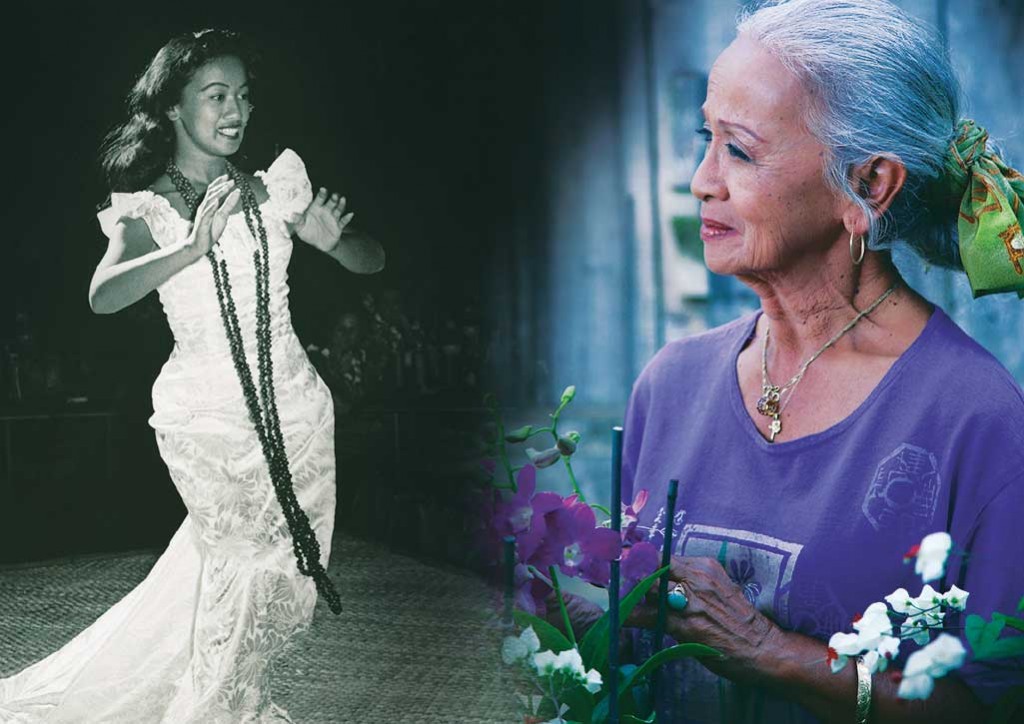 Family members see taking care of elderly parents as both an honor and an obligation. It’s a never-ending journey, looking back in awe of the amazing lives our mothers and fathers lived. More so, reflecting on the legacies they have blazed through the ages. As the large Baby Boomer generation ages, more people than ever will find themselves caring for aging parents or family members. Here in Hawai‘i, there is great respect and admiration for our kūpuna.
Family members see taking care of elderly parents as both an honor and an obligation. It’s a never-ending journey, looking back in awe of the amazing lives our mothers and fathers lived. More so, reflecting on the legacies they have blazed through the ages. As the large Baby Boomer generation ages, more people than ever will find themselves caring for aging parents or family members. Here in Hawai‘i, there is great respect and admiration for our kūpuna.
The truth is, there are differences in generations. There always have been, and probably always will be. “When learning about the extraordinary lives our seniors have led, you realize how amazing they are,” said Janet Grace, sales and marketing director at Attention Plus Care.
Despite your loved ones’ strong level of independence, there are still challenges of growing older. Medical conditions are more likely to develop that make it more difficult for persons to care for themselves. It’s important to know when to step in and speak with your parents about the problems you’re observing. “Having lived with my 86-year-old Auntie who worked until her late 70s, drove well into her 80s, and spent countless days with her friends at the Mōili‘ili Senior Center, I was overwhelmed when she had her first fall,” said Grace.
Even when relationships are strong between adult children and their parents, the situation is very delicate. Getting an accurate assessment of a parent’s ability to remain safely independent at home is critical. It identifies risks and options to reduce them. Caring for an aging family member is multidimensional. Each illness or disease associated with aging has different mental and physical symptoms. The severity of symptoms is often gauged by the loved ones ability to perform everyday tasks. Activities of daily living (ADL’s) are basic self-care tasks, such as eating, dressing and bathing. Instrumental activities of daily living (IADL’s) are the most complex tasks of living, such as preparing meals, managing finances and taking medications.
It’s important to understand that home care is no longer just about talking to loved ones, giving baths and taking blood pressure. “Experienced aging and skilled home health providers know that home care is a key step toward achieving optimal health outcomes for many of our clients,” explains Cindy Baker, BSN, RN at Attention Plus Care. Studies have shown that home care interventions can improve quality of care and reduce hospitalizations due to chronic conditions or adverse events. We find that gaps occur when clients move from a hospital to home without proper information and or preparation. Good information and resources lead to fewer patient incidents and safety issues in the home setting.
“It has a lot to do with family members understanding how to handle these transitions,” added Baker. There are many resources, classes and supportive programs that provide valuable assistance for family caregivers and allow seniors access to higher and safer levels of quality care.
ATTENTION PLUS CARE Accredited by The Joint Commission
1580 Makaloa St., Ste. #1060, Honolulu, HI 96814
808-739-2811 | www.attentionplus.com
Available monthly:
Aging in Hawaii Educational Outreach Program
by Attention Plus Care
A program to provide resources for seniors and their families, instructed by a registered nurse, who covers a different aging topic each month.
For class information on Parkinson’s disease and upcoming topics, contact 808-440-9372.


Leave a Reply